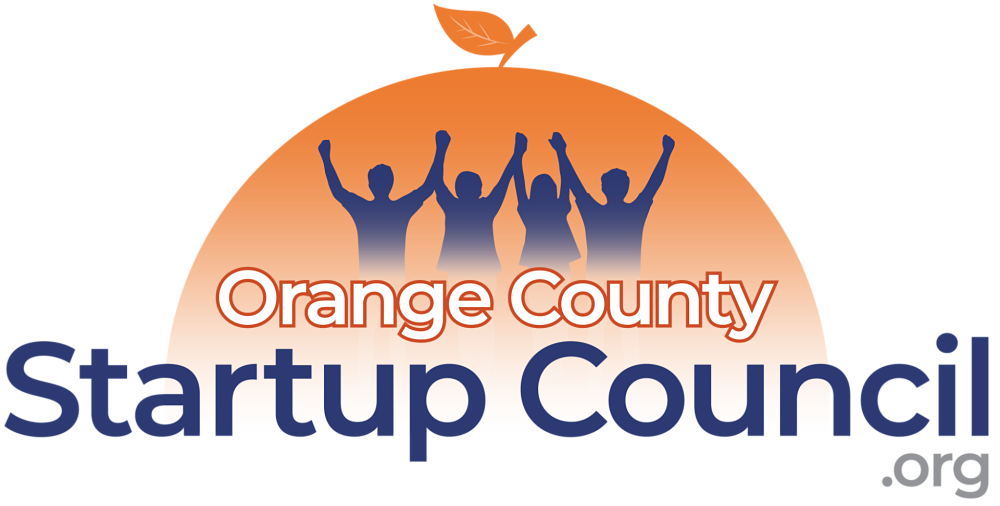The Legal Essentials for Expanding Your Startup Globally
An article we liked from Thought Leaders Chris Tottman and Ruben Dominguez Ibar:
The Laws of Business: What Founders Need to Know in the US vs. Europe
Small Business OS: Thinking of starting your company in another country?
Or expanding operations beyond borders? Discover the key distinctions between various U.S. and European legal regulations.
Startups move fast, but the law typically doesn’t. Whether you're launching in your home country or expanding across borders, understanding how local rules work can make or break your growth. A structure that works in Delaware might raise red flags in Berlin. A privacy policy built for California could fall short in France.
This guide breaks down the most important legal differences between the U.S. and Europe: from how companies are formed to how they hire, pay taxes, and handle user data.
If you're building a company that plans to scale across continents, these are the rules you can’t afford to ignore.
Table of Contents
- Choosing a Business Structure
- The Business Registration Process
- Taxes and VAT
- Employment and Labor Laws
- Data and Privacy Compliance Laws
- Helpful Resources and Next Steps for Founders
- Knowing the Rules Beyond Borders
1. Choosing a Business Structure
Before you raise a dollar or sign a contract, you’ll need to pick a legal structure. It sets the stage for everything: taxes, liability, and how investors see you.
United States
In the U.S., most founders choose between an LLC and a C-Corp. LLCs are simple, flexible, and taxed like personal income. Great if you're bootstrapping or staying small. But if you’re aiming for VC money, skip straight to a Delaware C-Corp. It’s built for equity, stock options, and outside capital.
Sole proprietorships are fast and cheap, but you’re personally on the hook for everything. Not ideal if you're planning to scale.
Europe
Europe doesn’t have one-size-fits-all structures. Each country has its own setup, but most startups go with a private limited company, like a GmbH in Germany, SAS in France, or Ltd in the UK.
Some, like France’s SAS, are super startup-friendly with flexible rules, no capital-heavy requirements, and easy to issue different share types. Others (like a GmbH) can be a bit more rigid and paperwork-heavy.
Quick Comparison
If you're raising money, go with the structure investors expect. U.S.? C-Corp. Europe? Something flexible like SAS or Ltd. What works on paper won’t always work with your next round. Set it up right from the start.
2. The Business Registration Process
Once you’ve picked your structure, it’s time to make it official. That means registering the business, getting a tax ID, and ticking off whatever the government entity wants from you before you can operate.
United States
In the U.S., you register at the state level, not federal. You file formation documents with your state, usually online, and then get your EIN (Employer Identification Number) from the IRS. That EIN is your business’s federal tax ID.
Depending on what you’re doing and where, you might also need local permits or licenses, like a sales tax permit or a zoning certificate. But the whole process is fast. In places like Delaware, you can be up and running in 24 to 48 hours.
Europe
In Europe, registration runs through national systems, and things are a little more formal. You’ll submit your founding documents to a trade register, get your tax ID, and usually set up VAT registration early on.
Some countries, like Germany or France, require notarized paperwork and a proof-of-capital deposit before you're approved. Others, like the UK or Estonia, let you incorporate online in a day or two. It depends on the country.
Quick Comparison
In the U.S., registering a startup is fast and pretty painless. In Europe, it's doable; just expect more paperwork. The earlier you know the local process, the fewer surprises later.
3. Taxes and VAT
Startup taxes can be confusing fast. What you owe, and when, depends a lot on where you're based. The U.S. and Europe take very different approaches, especially when it comes to...
Read the rest of this article at the-founders-corner.com
Thanks for this guest post and its graphics article excerpt to Chris Tottman and Ruben Dominguez Ibar.
Want to share your advice for startup entrepreneurs? Submit a Guest Post here.
